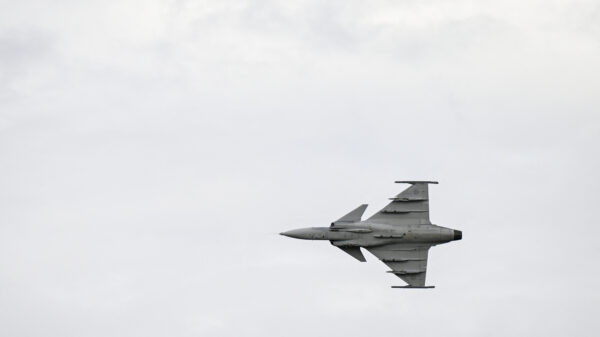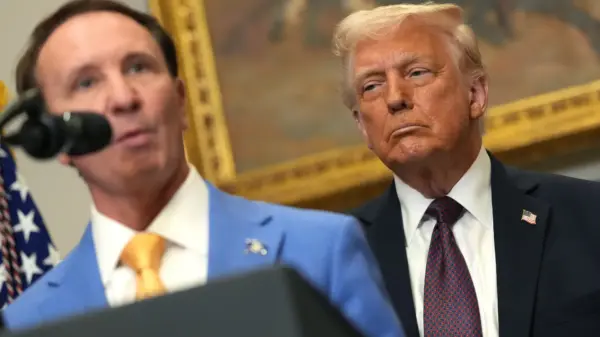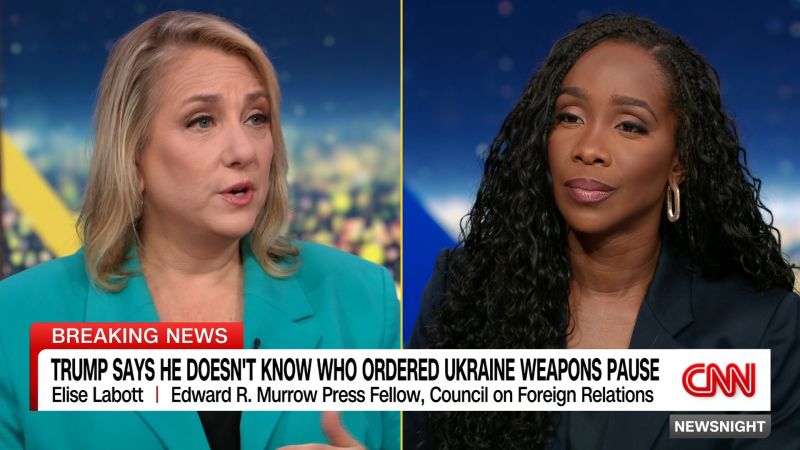President Donald Trump declared plans to supply additional weaponry to Ukraine, shortly after his administration halted certain shipments. This announcement raises questions about internal communication within the White House, particularly regarding the decision made by Defense Secretary Pete Hegseth to pause these deliveries.
Trump stated he was unaware of the suspension, which has reportedly caused tension within his cabinet. According to CNN, Hegseth made the decision without informing the White House, leading to criticism from various panelists regarding the effectiveness of Trump’s leadership style.
Concerns Over Cabinet Communication
The recent developments have highlighted significant concerns about the decision-making process within Trump’s administration. Critics argue that Hegseth’s unilateral action reflects a broader issue of control that Trump needs to address among his top officials. The lack of communication could undermine strategic military support to Ukraine amid ongoing conflicts in the region.
In light of these events, Trump’s commitment to sending new weapons is positioned as a necessary response to bolster Ukraine’s defense capabilities. The specifics of the military aid package are still under discussion, and the administration faces pressure to ensure that all relevant parties are aligned.
Implications for U.S. Foreign Policy
The decision to enhance military support to Ukraine comes at a critical juncture, as the nation grapples with ongoing tensions and conflicts. Experts suggest that consistent military assistance is vital for Ukraine’s ability to defend itself against external threats.
This situation not only reflects the internal dynamics within Trump’s cabinet but also has broader implications for U.S. foreign policy in Eastern Europe. As the Pentagon prepares for the upcoming shipments, the administration must navigate the complexities of international relations while ensuring that its actions are effectively communicated across its leadership.
Trump’s announcement is expected to resonate with his base, emphasizing his administration’s commitment to supporting allies. However, the internal discord raises questions about the future direction of U.S. military strategy and the effectiveness of its leadership in coordinating such efforts.
As developments unfold, the administration will need to address the concerns surrounding cabinet management and oversight to maintain clarity and cohesion in its foreign policy initiatives.







































































